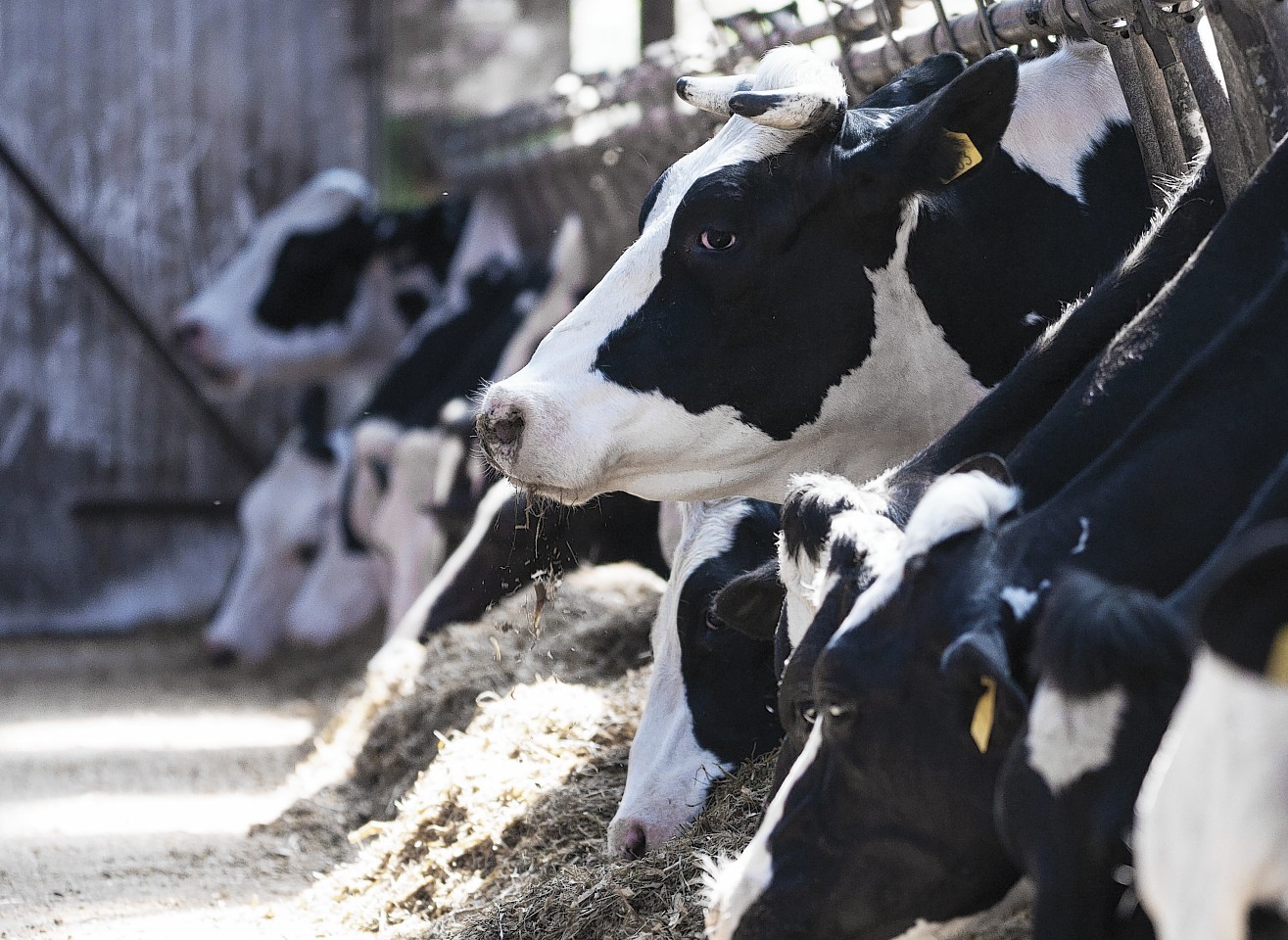Scottish scientists have been involved in a ground-breaking project to help dairy farmers breed cows for better resistance to bovine tuberculosis (bTB).
Researchers from the University of Edinburgh, Roslin Institute and SRUC, have developed a new genetic index called the TB Advantage breed.
The index, which will be published on January 19 at the British Cattle Conference, gives an indication of an animal’s genetic susceptibility to bTB, highlighting those which may be more prone to infection, or those which have a higher degree of resistance to the disease.
The index will allow farmers to breed better TB resistance into their herds by selecting bulls with a high score for TB advantage.
Almost all Holstein bulls – both daughter-proven and young genomic sires – will have an index and genotype measured female Holsteins will also be scored for the index.
AHDB Dairy’s head of genetics, Marco Winters, said: “Tackling any problem through breeding is a long-term, sustainable approach and can yield worthwhile rewards.
“However, breeders of dairy cattle have to consider a number of traits which are important to their business and their cattle, and breeding for TB resistance should be only a small part of their broader breeding strategy.”
SRUC’s Professor Mike Coffey, who led the research team in analysing more than 650,000 cattle records as part of the process of developing the index, said the heritability of bTB resistance is about 9%. “This means that of all the variation we can detect in the trait, about 9% is due to genetics. This is on a par with some other health traits, including Somatic Cell Count, which dairy farmers have been improving through breeding for a number of years,” said Prof Coffey.
“All of this gives us confidence that the TB Advantage will be an effective tool in the fight against bTB, but it does not detract from the other control measures which must continue to be taken as part of the broader disease eradication plan.”
